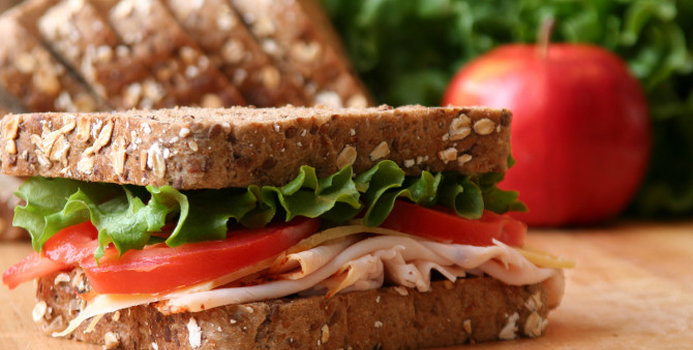Low potassium intake or a low potassium diet is one of the major causes for a condition medically known as Hypokalemia. Hypokalemia literally means a paucity of potassium in the blood. However, in contrast to what might seem obvious, Hypokalemia is not caused only by a poor dietary intake of potassium. Hypokalemia is a condition that is caused by loss through the integuments in your digestive system and also through your kidneys.
The two major causes for the loss of potassium from the digestive system can be vomiting and diarrhea. In addition to this, excessive laxative use and intestinal surgeries can also cause this.
Hyperaldosteronism Can Lead To Hypokalemia
Hyperaldosteronism is a medical condition that may lead to the increased production of aldosterone by the adrenal glands. This hormone can cause potassium to decrease in your blood, which can translate to Hypokalemia.
Symptoms of Hypokalemia
In addition to common symptoms such as vomiting, nausea, constipations, hypotension and a list of at least 22 different symptoms, muscle weakness is the most predominant. Unless your blood potassium levels are significantly lowered, you will have no specific symptoms. However, once your blood potassium levels have dropped significantly, these are the symptoms you are likely to observe:
- Muscle weakness
- Fatigue
- Cramps
- Lowered reflexes
- Variation in your ECG patterns
Treatment of Hyperaldosteronism
This condition requires the use of an aldosterone antagonist. The most commonly used drug in order to rectify this condition is Spironolactone, which is a diuretic. It is meant to maintain the potassium content in your body.
Treatment of Hypokalemia
Since there is two varieties of Hypokalemia that range from mild to severe, you may use two modes of treatment for the condition. For the mild condition, depending on the severity, a person may not need treatment at all. However, if it the condition exceeds mild, a patient may need to naturally consume potassium rich foods such as:
- Tomatoes
- Bananas
- Turkey
- Beef
- Oranges
In case of severe Hypokalemia, intravenous administration of potassium rich supplements may be required. In cases where the aldosterone is high, Spironolactone might be required to be administered and given medical attention.
Sodium is an important part of the human body. When you shed tears, urinate and sweat, there is sodium in it. It is essential to follow a sodium diet that ensures that you maintain a proper balance in the life processes that support your body.
Many people assume that the reason for an increased level of fatigue and muscle weakness is only a diet low in potassium. However, in addition to calcium and phosphorous, the body needs a dose of magnesium in order to avoid cramps, muscle fatigue and other conditions that may affect your muscles. Not only does magnesium keep the processes in your body functioning correctly, but also maintain the smooth rhythm of your heart.



